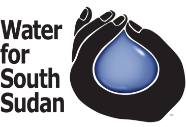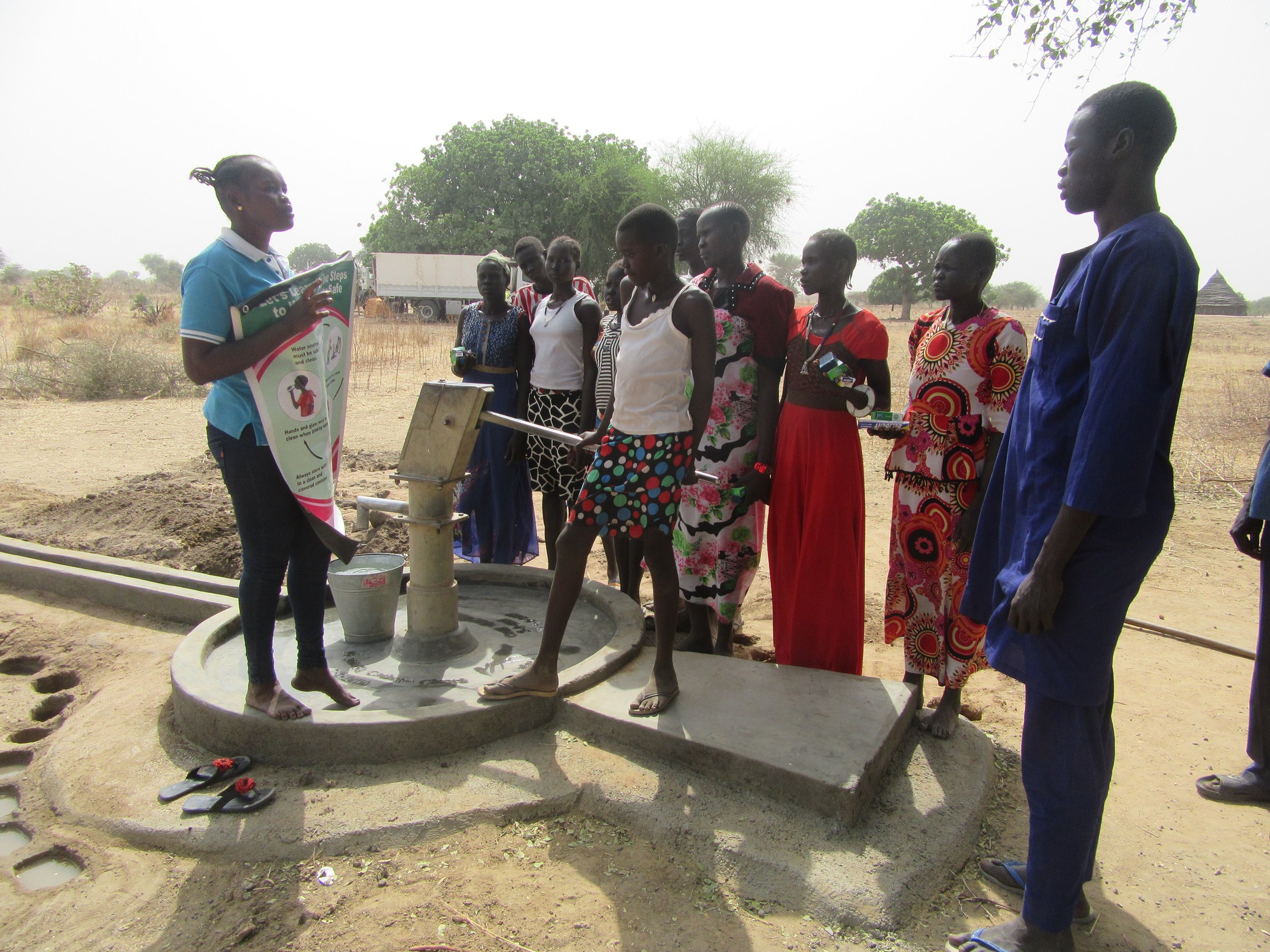The Impact: Hygiene Education Training
Why is Hygiene Education important?
Clean water and hygiene education are the driving forces for healthier communities and a reduction in waterborne diseases and early childhood mortality. Over time, clean water from a well can become contaminated with poor hygiene habits. Our hygiene education program teaches villagers safe personal hygiene and food handling practices. Key practices include washing hands, brushing teeth, and nail cutting. Trainees also learn crucial skills like safe water storage through cleaning jerrycans and upkeep of cooking and eating utensils that help ensure healthier communities.
How do Hygiene Education Trainings impact communities?
Every village where we drill a new well, rehab an older well, or construct a water storage and distribution system receives hygiene education training. WFSS hygiene educators use a “train the trainer” model:
“Train the Trainer” model
Four women and three men, nominated by the community, participate in a three-day training program
Educators help trainees identify hygiene practices most in need of improvement in their community
Personal hygiene (washing hands, brushing teeth, clipping nails)
Safe water practices (cleaning of jerry cans, covering water containers)
Food safety (maintaining utensils, storing food away from waste and dirty water)
Safe disposal of waste/stool
Women’s hygiene
Working together, educators and trainees develop a plan to address community needs.
Trainees then share new knowledge with other community members.
Training in schools for Hygiene Club members
WFSS supports schools in developing school hygiene clubs
Students are nominated as hygiene club members and trained to enhance child-to-child learning to promote good hygiene behaviors and practices among pupils and family members at home
For school girls:
Provision of Menstrual Hygiene Management kits to adolescent girls to support their dignity and well-being.
Together, we are uniting to water the seeds of change in South Sudan. Thank you for supporting this invaluable work.


